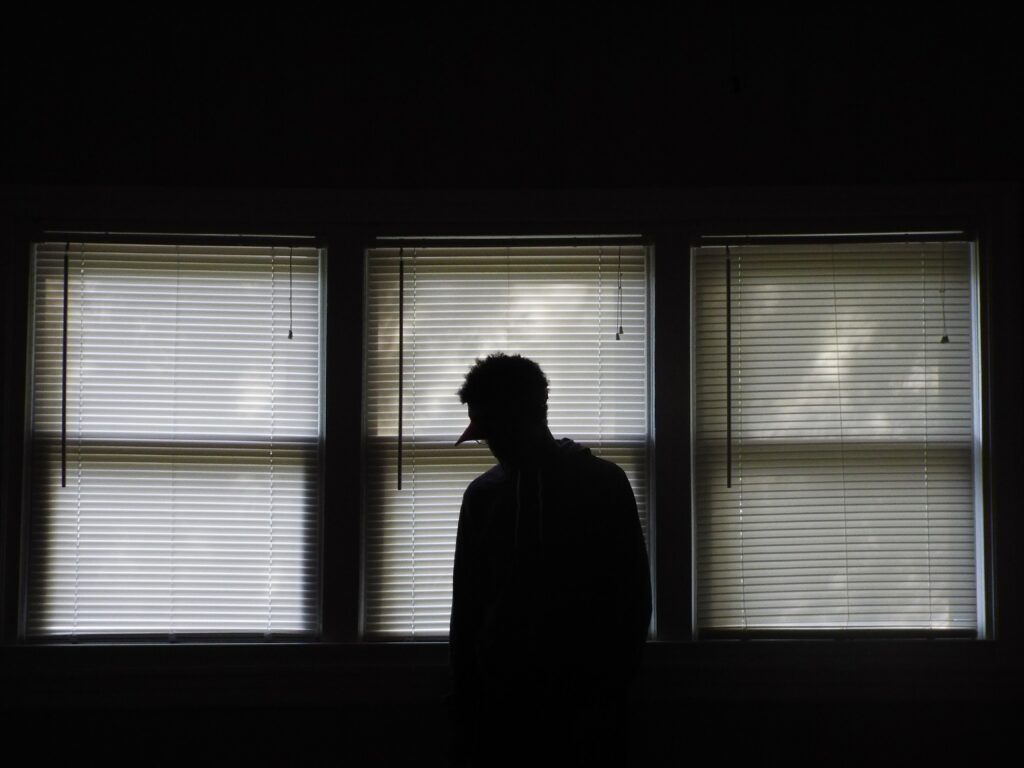Medicine is Not a Magic Potion: Doing Your Part

When you have bipolar disorder, no medication can truly change your attitude or thinking, as I learned from my late father. It takes hard work.
My dad was the first person I knew who had bipolar disorder. It was back in 1975 that he had a “nervous breakdown.” For months he battled severe depression. It was at this point he went to the family doctor, who referred him to a psychiatrist who diagnosed him with “manic depression.” Now, when you live in a small farming community in the Midwest, this carried an enormous amount of shame, so everything about it was “hush-hush.” After all, it was not until 1987 that Patty Duke began to speak publicly about her diagnosis.
There was no support. There was no education about it. There was no Google. The only thing my dad knew about it, and the only thing the rest of us knew about it, was what we were experiencing in a cloud of secrecy and shame. It was the first time I had ever heard of Lithium.
When his depression lifted, life went on as normal. Dad took that little pill faithfully, and life went on. I’m pretty sure that my dad never read up on “manic depression.” My mom most likely read what little information that was available. There was no talk therapy that my dad did except for whatever small amount the psychiatrist may have done.
The second person I knew who had bipolar disorder was my mother-in-law. She was diagnosed with it in the ‘80s. She struggled a lot. She had trouble taking her medicine. She sadly and painfully died from bipolar disorder in 1987. What we experienced was so painful and so drenched in shame, yet we moved forward with a tremendous amount of support from our faith community.
On Friday, May 12th of this year, having been on vacation for all of 36 hours, my sister called to tell me that my dad had died. It was very unexpected. We all were stunned. Shocked. He had dropped to the floor and was gone. No words. No goodbyes. Just like that, gone. He would have been 80 on July 22nd. He most likely had a massive heart attack. He died with bipolar disorder, not from it. And there are many things I learned about how to and how NOT to live with bipolar disorder.
One of the major things I learned from observing my dad dealing with his diagnosis was that life can and does go on. He got up following that long severe bout of depression and he chose to live. Dad kept going. He lived his life somewhat well in spite of his diseased brain. However, if he had had talk therapy, more education and support, I can’t imagine how better life could have been for him.
He was “old school.” So, he never worked through any of his issues. You could tell that there were times his mood was escalated and numerous times where there were bouts of depression. There were still mood swings. You certainly couldn’t get him to talk about his feelings or mood unless he was angry. And that anger could be so incredibly intense and unpredictable—and you never really knew when that anger could go “off.”
I can’t imagine how much better life could have been for him had he done more than just take the medicine. His approach to having bipolar disorder was simple: just take the medicine and keep going. It was the same way that he handled having diabetes. He took the medication. He even tested his blood levels regularly. But he never adjusted his diet, the part he truly had control over.
Over the years, I’ve met quite a few folks who have bipolar disorder, and find it so interesting that so many of us only take our medicine as though it is a “magic potion” that will fix everything, and yet don’t do our part of working along with our medicines.
I know I did this same thing for the first seven years following being diagnosed with bipolar disorder. I took my medicine faithfully but didn’t do anything about my thinking. I didn’t change many of my habits, nor did I work on my emotional triggers. I didn’t learn how to handle stress better, and I had little knowledge of what parts I could do in order to work with my meds. I just took my medicine and tried my hardest just to go on. But, trying my “hardest” didn’t work too well. And seven years after being diagnosed, I relapsed. Had I not relapsed, I suspect I would still be attempting to do my best at just moving on.
It was because of my relapse that I wanted to get to the bottom of my emotional issues. I wanted to know and understand the core issues of my manic behavior. It was the hardest work of recovery I have done to date. And I’m SO glad I did it! Why? Because I’ve been episode-free, living well in spite of having bipolar disorder, since that relapse, which was nearly 15 years ago. I credit my stability with having done my work of digging into the depths of my emotional issues and baggage, my triggers, and have learned to handle the stress in a much healthier way.
Now, this is not to say that I will never have another bipolar episode. But I am doing all I can to avoid any possible interruption and life-altering episodes of bipolar disorder. I am also committed to doing my part, such as:
- Maintaining a very regular schedule
- Staying mindful and on top of any of the slightest changes of mood and/or feeling stable, and taking action if necessary
- Managing my stress
- Overcoming my emotional triggers
- Putting an end to blaming others and taking responsibility for what was “bad behavior”
I often wonder how much better my dad’s life would have been if he had only done his part and worked with the medicine to improve his relationships; if he had learned how to pay attention to any change of his mood. Don’t get me wrong, the quality of his life was not horrible. But, it could have been so much more if he had worked through his issues.
In spite of the fact that my dad could be a real stinker, I loved him. And I’m missing him. I find myself thinking about him a lot. I also find it hard to believe that he is gone. He ran his race. He finished the course. And in spite of having been diagnosed back in the “dark ages” of mental health, he never used his diagnosis as an excuse for anything. And when I crashed and burned in 1995, he gave me the greatest gift a son could ever receive from his father. Following my very public crash and burn, Dad put his hands on my shoulders and said, “No matter what happened, or that the problem is, you are my son. I love you, and I’m proud of you.” What a gift that was. I so treasure it today. In my most hopeless situation, he spoke words of hope and love to me.
I miss my dad. And I wonder how much better his life—and the lives of those around him—could have been if he had made the great effort of working through his emotional baggage, instead of just taking his meds as though they were going to fix the bipolar disorder like some mythical potion. There are no medicines that one can take that change (not merely mask) your attitude or thinking. Medicine can only do so much. The rest you and I have to do. And it’s hard work.
How about you? Are you doing the hard work that medicine can’t do? Are you working along with your medicines? Or are you waiting for your medications to take care of all of your issues? You know, changing your thinking and behavior isn’t easy. And while doing “our part” is an ongoing process, it is worth the hard work! If you need courage or encouragement let me know! I would love to cheer you on!


